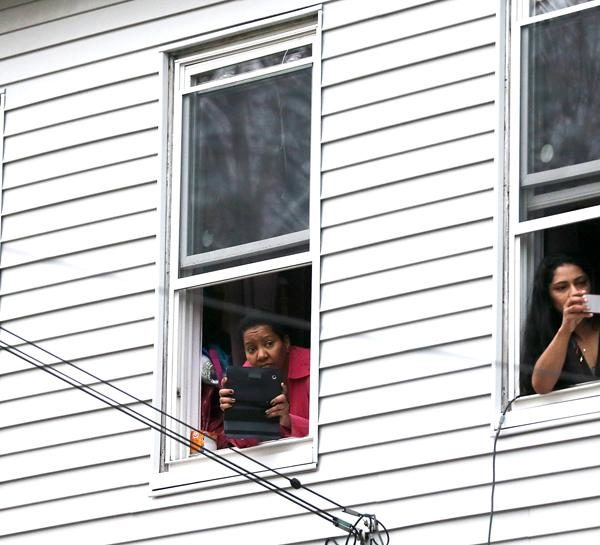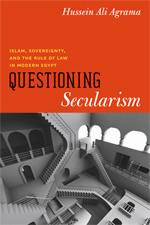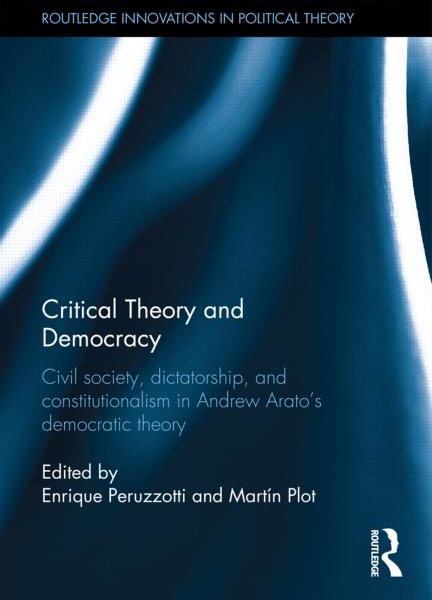
The use of social media enables the projection of self-identity through digital content. It also enables new possibilities for self-surveillance and surveillance by others, including the state. The Boston Marathon bombings helped demonstrate the nexus between social media and the surveillance state.
By The Editors




